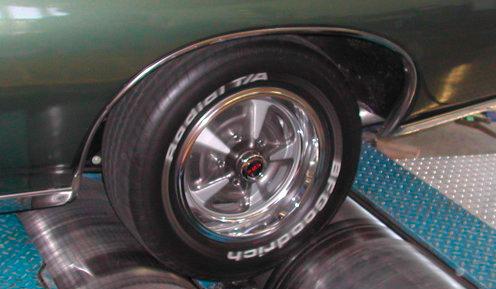Slippery versus light weight
New ways of measuring fuel consumption in Europe will change the way the automotive world develops new cars – with the accent now more likely to switch from light-weighting to better aerodynamics.
This is because the now discredited New European Driving Cycle (NEDC) used to produce fuel consumption figures for the past 20 years is to be replaced by a new Worldwide Harmonised Light Vehicle Test Procedure (WLTP) which has more dynamic phases and higher overall and average speed levels. It’s still a lab-based test, but seemingly derived from better real-world data.
Higher speeds means aerodynamics have more effect, and so we’ll see the Cd (coefficient of drag) race start all over again, with (probably) wilder and wilder claims.
The reality, of course, is very different. In New Zealand, with a 100km/h general speed limit, advanced aerodynamics rarely come into play – so having a very “slippery” car makes little difference to fuel consumption. Having a lighter car, however, definitely does, and so it could well be that this new fuel consumption measuring system will have an adverse effect on this country’s motorists.
The good news – and there always is some – is that the new system will be harder to cheat, so it’s likely the fuel figures you’ll see advertised will bear a closer relationship to what you can actually achieve. In fact, given our lower speed limits, we might even be able to beat the Euro figures in practice!
Your technical future
My nephew has been deciding on his future, and after much thought, has decided to study to become a motor technician. I had no hesitation in endorsing his choice of career, for I believe the future for the auto techie is bright and clear.
We live in a world of constant change, and no more so than in the auto industry, with not just massive developments to the internal combustion engine to make it competitive with electric vehicles and the like, but constant upgrading of EVs and batteries, plus the challenges of self-driving cars and the great deal of technology these will contain. Not to mention hydrogen fuel cell power.
This means there will always be a need for maintenance, service, and repair – probably at a greater level than today – as well as the need to continue to cater for the millions of older cars on our roads. New Zealand is not a rich country, and we can't afford to just throw away all the old cars overnight, no matter what the greenies in our current government might think.






